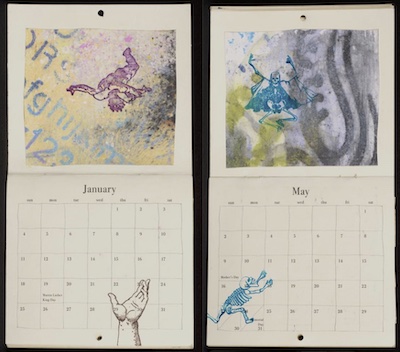Odette Mazel, a PhD candidate at the Melbourne Law School, has published an article applying Sedgwick’s analysis of paranoid and reparative reading to international law. Appearing online in the current issue of the Australian Feminist Law Journal, “The Texture of ‘Lives Lived with Law:’ Methods for Queering International Law” offers a balanced interpretation of Sedgwick’s analysis. Mazel writes:
Queer theory’s obligations to critique and problematise the mechanisms of power and discourse, especially law, remain important for revealing, unsettling and destabilising established sexual and gender norms. However, as Eve Kosofsky Sedgwick argues, the emphasis on paranoid or critical practices in queer theorising must be counterbalanced by recognising the queer methods of repair evident in the way LGBTQIA+ people engage with systems of oppression in empowering and transformative ways. In this paper, I draw on the methodological tools that Sedgwick provides to examine LGBTQIA+ engagements with international law in terms of their creative, generative and sustaining capacities.
Referring to recent work exploring the concept of “legal materiality,” Mazel draws on Sedgwick’s artwork. Reproducing selected pages from Sedgwick’s 2004 calendar “Dropped Held,” Mazel writes:
The pictures accompanying each month in Sedgwick’s calendar of 2004 depict figures, animals and objects falling, but each dropping/falling is reciprocated with a depiction of holding/catching. These collaged images and stamped designs reflect to me the ethical queer orientation inherent in reading reparatively LGBTQIA+ efforts for legal reform. They express the vulnerability experienced in moments of suspension, the feeling of being in the tension, the space between repression and liberation. That there is dropping, but there is also holding.
